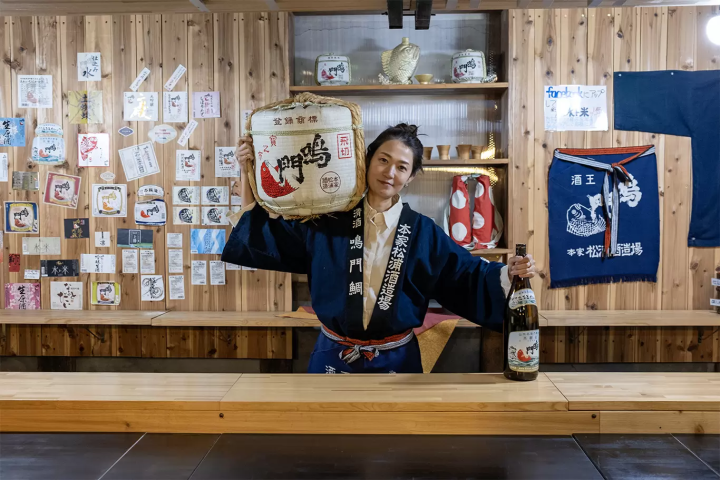Hometown Tax And One-Stop Exceptions In Japan - Get Gifts And Tax Deductions

Japan's hometown tax system allows all residents to support a regional municipality of choice in exchange for local gifts that are often food. This helps local governments fund regional projects, recovery, and more, and gives taxpayers a tasty reward and the chance for tax deductions.
Make Use of Japan's Hometown Tax System!

Photo by Pixta
Many young Japanese people leave their hometowns to work in large cities such as Tokyo, Osaka, and Kyoto. As the populations in these cities continue to grow, smaller towns are shrinking in residents and tax revenue. In Japan, in addition to income tax, all residents are required to pay a residence tax to their local governments.
To address this growing problem, Japan created the hometown tax system, allowing all taxpayers to donate to a regional municipality of choice. The funds can be used to help support and develop the local regions.
Those who donate will then receive food and other products from the municipality, as well as tax deductions.
Today, we go over what the hometown tax system is, how it works, how to sign up for the One-Stop Exception, and some gift selections.
What is Hometown Tax in Japan?

Photo by Pixta
Hometown tax, or Furusato nozei in Japanese, is a form of donation that local municipalities can use for public works. Usually, donors cannot choose how their donations are used.
However, as part of the hometown tax system, the disaster support donation allows you to direct your contributions toward disaster relief.
Also, with hometown taxes, you can donate to your city, town, or village of choice.
When you file your donation, the amount you donated minus 2,000 yen is deducted from your income or residence tax the following year. The rate of deduction differs depending on the income level and household. Check the website of the Ministry of Internal Affairs and Communication (Japanese) for more details.
In addition to tax deductions, you will receive a gift from the local municipality. The gifts vary depending on the municipality and the amount of the donation.
To sum up, hometown taxes offers these five benefits:
1. You receive a gift from the local municipality.
2. You can receive tax deductions.
3. You can choose where to donate.
4. For certain donations, you can designate how your contributions are used.
5. You can donate to multiple municipalities.
Tax Deduction with the Hometown Tax System

Photo by Pixta
The following is a general flow of the hometown tax system. Once you donate, you will receive a certificate from the municipality. When you use this for your tax returns, you will receive your deduction.
1. Choose your municipality
↓
2. Donate
↓
3. Receive your gift
↓
4. Receive certificate of donation and file tax return
↓
5. Save on taxes
Please note, however, that there is a limit to how much you can donate through the hometown tax. The Ministry of Internal Affairs and Communication website (Japanese) has a chart detailing the maximum deductibles for different income levels.
Additionally, you can find information on gifts and donation prices by searching online. These websites calculate the maximum amount of tax deduction and, based on the amount, allow you to select the gift from the municipality of your choice. You can make your donation using a credit card.
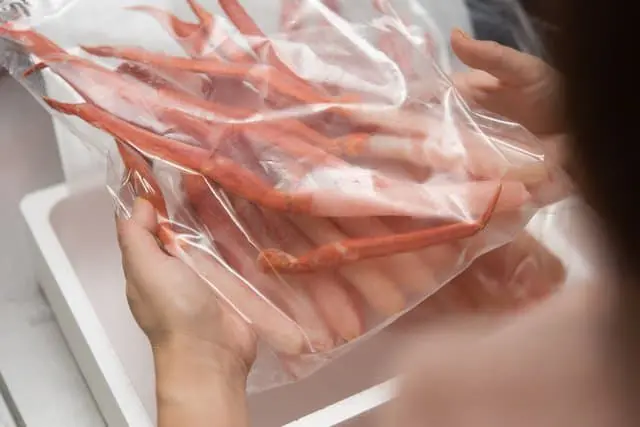
Photo by Pixta
For example, if your maximum deductible is 80,000 yen, you can choose to donate 60,000 yen to the town of Hokuei, Tottori, and 20,000 yen to Yamagata, Yamagata. You will then receive a Matsuba crab from Tottori, and Satonishiki cherries from Yamagata (*gifts for the year 2020).
Once you receive the gift and donation certificate from the local municipality, file your tax returns where you live. Usually, you can file your tax returns between mid-February and mid-March for income and donations made between January and December of the previous year.
One-Stop Exception - Tax Deduction Made Easy!
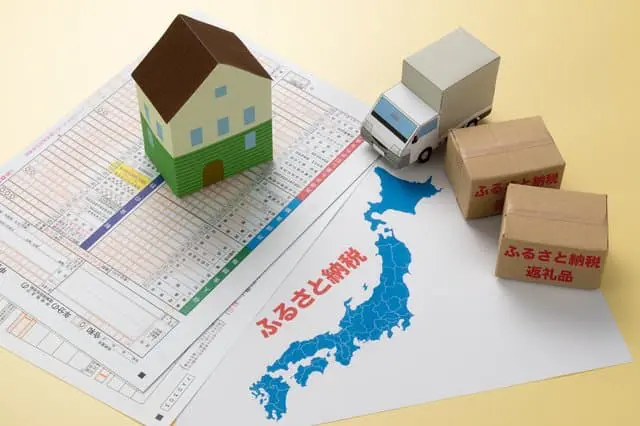
Photo by Pixta
In the past, the only way to receive deductions for hometown tax donations was by filing your tax returns. However, now you can apply for the One-Stop Exception, which allows you to receive tax deductions without filing your tax returns. You will need to qualify for the following two prerequisites:
1. You don't need to file taxes for your income during the year you made donations.
2. You donated to up to five different local municipalities for the tax year.
We will now cover how you can make use of your One-Stop Exception.
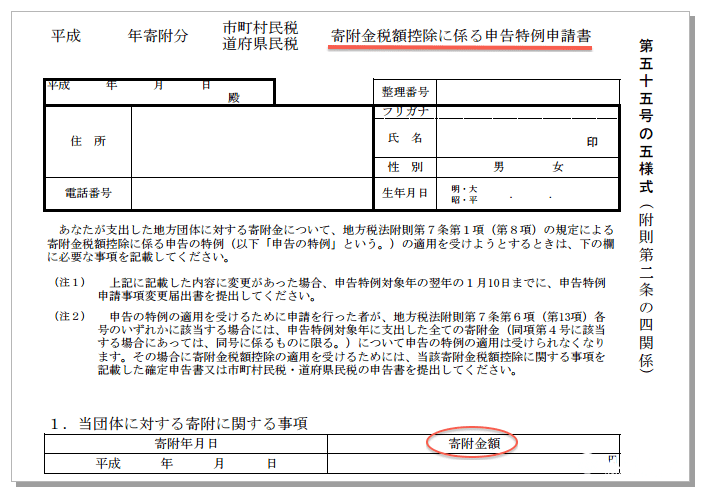
First, fill out the application for the One-Stop Exception sent by your local office.
If you cannot have the application sent to you, you can also download it from the Ministry of Internal Affairs and Communication website (Japanese).
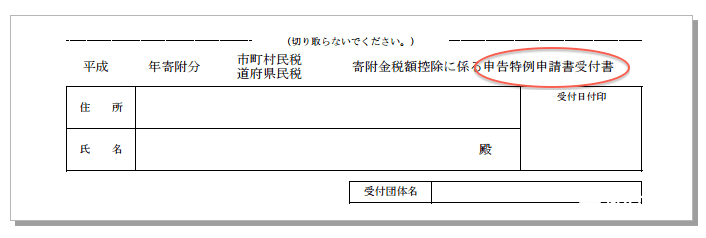
Along with the application, include your My Number card or a copy of another form of personal identification in the return envelope, and mail it back to your local office.
Once the local office receives your application, they will notify you by mailing you the acceptance acknowledgment letter attached to the bottom of the application.
Choose from a Wide Selection of Gifts
The gifts you can receive include local cuisine and local crafts, among many others.
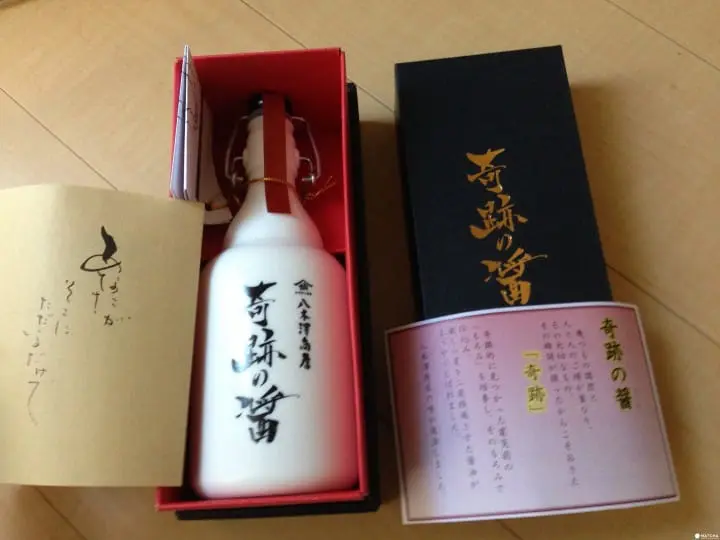
For example, the gift offered by Rikuzentakata, Miyagi, in 2016 was a bottle of soy sauce called Kiseki-no-Hishio (Miracle Soy Sauce). Rikuzentakata was one of the many cities devastated by the 2011 Tohoku earthquake.
The factory that originally made this soy sauce was destroyed by the tsunami. However, using yeast that miraculously survived the earthquake and tsunami, the company was able to rebuild its business.
We were struck by the powerful words carved into the bottle and the story included in the box.
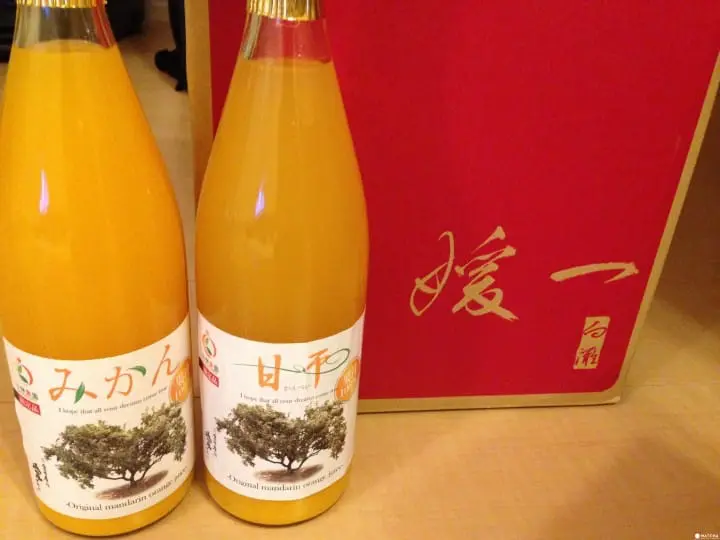
These are bottles of mandarin orange juice from Ehime. As an added touch, a letter of gratitude was included with the juice. The rich flavor of this mandarin orange juice was many steps above what you could find at your supermarket.
Support a Town in Japan

Photo by Pixta
If you always wanted to try high-quality wagyu beef, or rare produce only grown in certain regions, we recommend making use of hometown taxes. Not only will you receive fruit, vegetables, meats, juices, free lodging, and other gifts, but your donations can help support small towns and regions struggling after natural disasters.
Hometown Tax Official Website: https://www.soumu.go.jp/main_sosiki/jichi_zeisei/czaisei/czaisei_seido/080430_2_kojin.html (Japanese)
You can make you hometown donations using these websites:
Satofull (Japanese)
Furusato Honpo (Japanese)
Read also
Main image by Pixta
I used to live in Japan and managed to conquer 78 out of the 100 famous castles and 12 existing castle towers in 8 years. As a history enthusiast, I also have a passion for baseball and Japanese dramas, which have driven me to visit all 47 prefectures. I hope to convey not only the scenery of Japan but also more of its culture and way of life.







































![[ Naruto City, Tokushima Prefecture ] Experience the world's largest whirlpools up close on a sightseeing boat at the Spring Whirlpool Festival!](https://resources.matcha-jp.com/resize/720x2000/2025/02/05-222727.webp)
![[Niigata] Skiing and snowboarding are just not enough! Fun snow spots for parents and children](https://resources.matcha-jp.com/resize/720x2000/2026/01/29-256901.webp)

